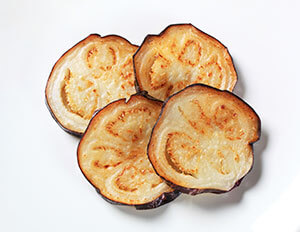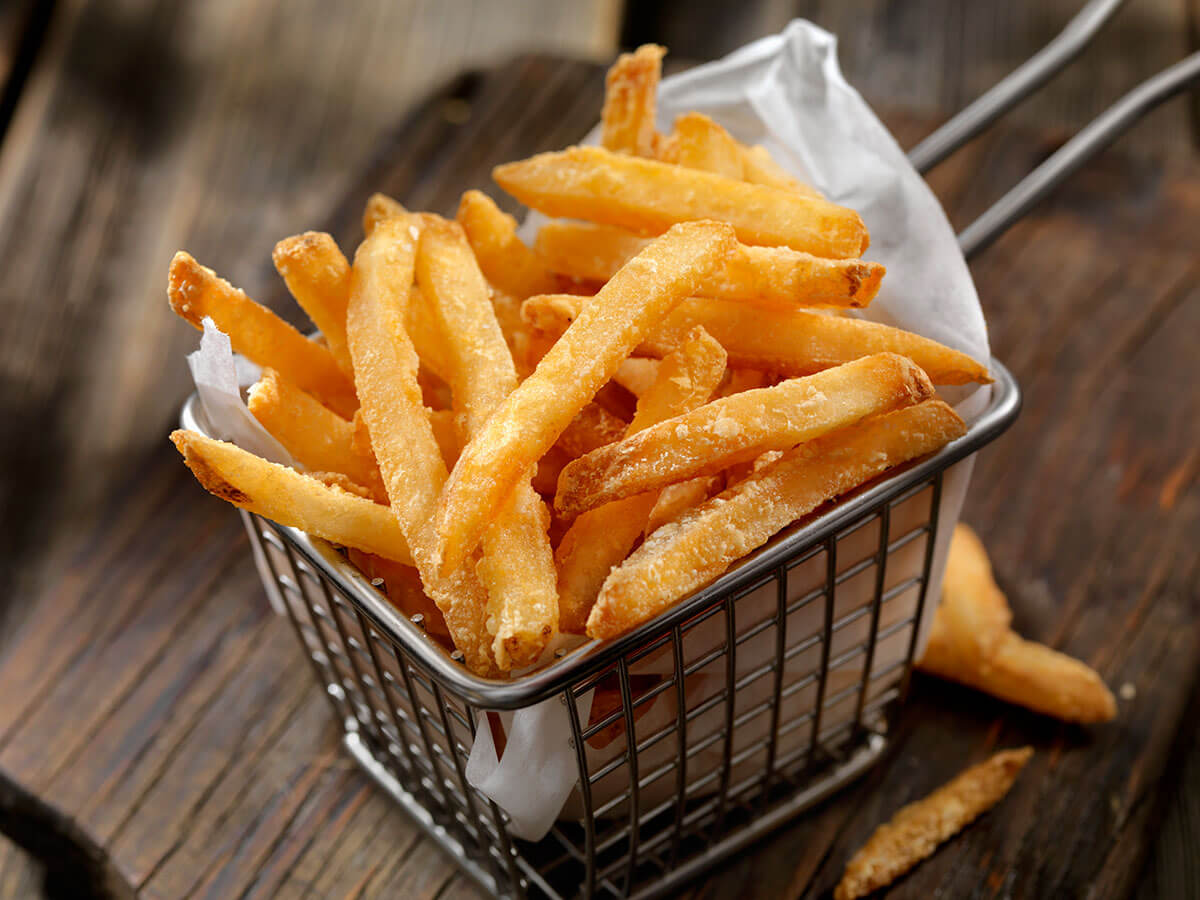Frying, a Burning Topic!

 We recently mentioned a scientific study on cooking oils which showed that compared to a number of other oils (such as colza, sunflower or coconut), extra virgin olive oil was the healthiest option. For this study, various oils had been heated to temperatures between 120 and 240 degrees Celsius (248 to 475 degrees Fahrenheit).
We recently mentioned a scientific study on cooking oils which showed that compared to a number of other oils (such as colza, sunflower or coconut), extra virgin olive oil was the healthiest option. For this study, various oils had been heated to temperatures between 120 and 240 degrees Celsius (248 to 475 degrees Fahrenheit).
According to a PhD thesis by researchers from the University of Granada* (Spain), frying in extra virgin olive oil is the cooking technique that generates the most substantial increase of polyphenol content in cooked food.
What are polyphenols?
Polyphenols are organic compounds found in some plants, known for their antioxidant properties. Their main function is to determine the plants’ smell, colour and antioxidant properties.
Their health benefits are undeniable. Polyphenols help prevent cancer as well inflammatory, neurodegenerative and heart disease, and keep us in great shape overall!
There is a direct correlation between polyphenols and an oil’s freshness and taste, which will be more bitter and pungent. An oil’s polyphenol content depends on a wide range of factors, including olive variety and ripeness, weather conditions and agricultural practices.
Vegetables contain more antioxidants after frying!
For the Spanish study, vegetables were fried, sautéed, steamed and simmered in a soup. Results show that using extra virgin olive oil for frying increases the vegetables’ content in phenolic compounds. During frying, some of the polyphenols present in the oil are transferred to the vegetables. By the end of the process, they therefore contain more antioxidants!
Extra virgin olive oil fries: A simple recipe!
To make extra virgin olive oil fries, proceed as you would with any other oil.
Reminder: A few basic rules for frying
- Maintain the oil temperature around 180℃
- Dispose of oil that is browned, has smoked or has a rancid smell
- Dispose of oil after four uses

*PhD thesis by Jessica del Pilar Ramírez, supervised by Drs Cristina Samaniego Sánchez, Marina Villalón Mir and Herminia López-García de la Serrana, Department of Human Nutrition and Dietetics, Faculty of Pharmacy, University of Granada.
Sources: wikipedia / futura-sciences.com

